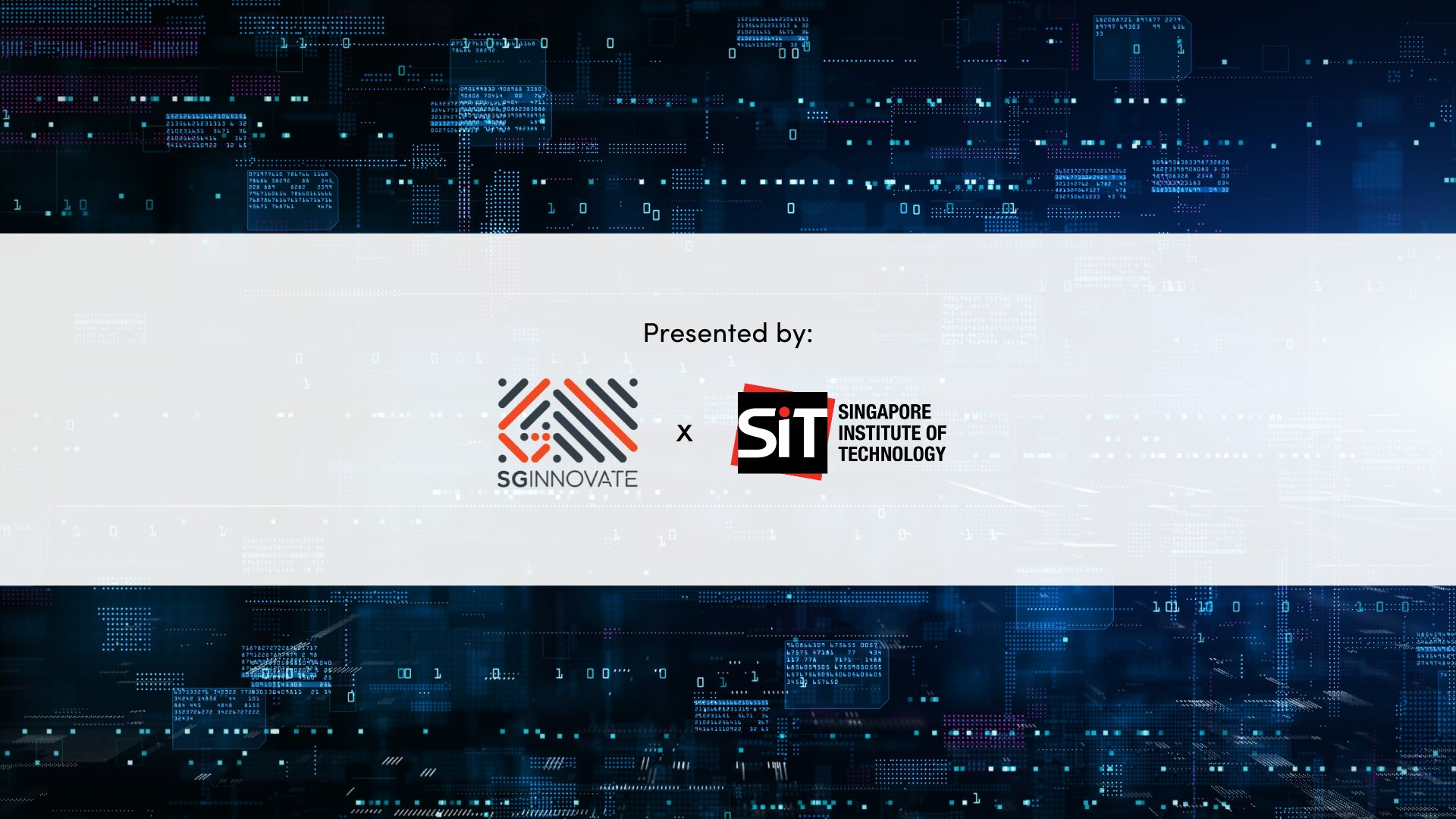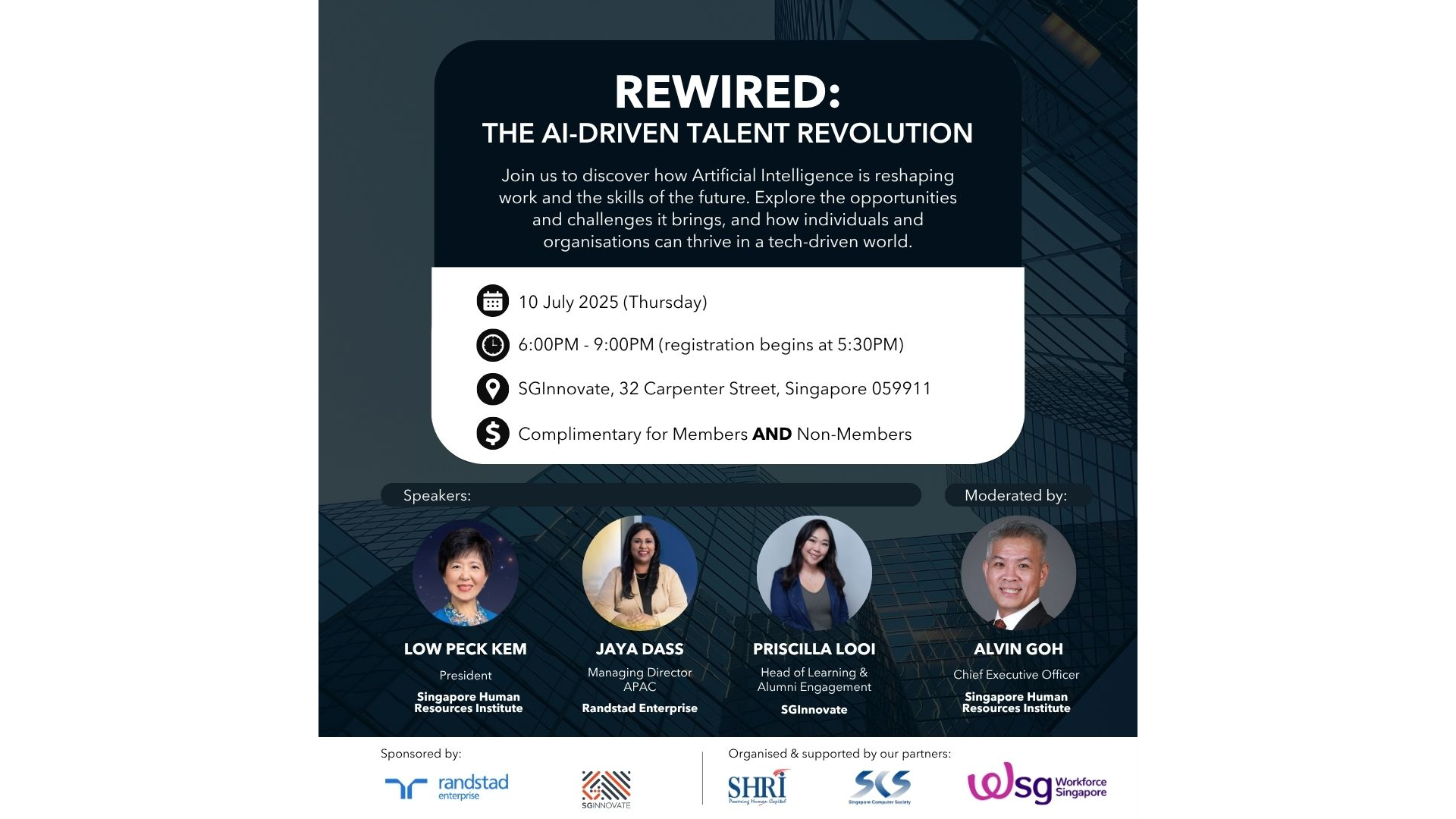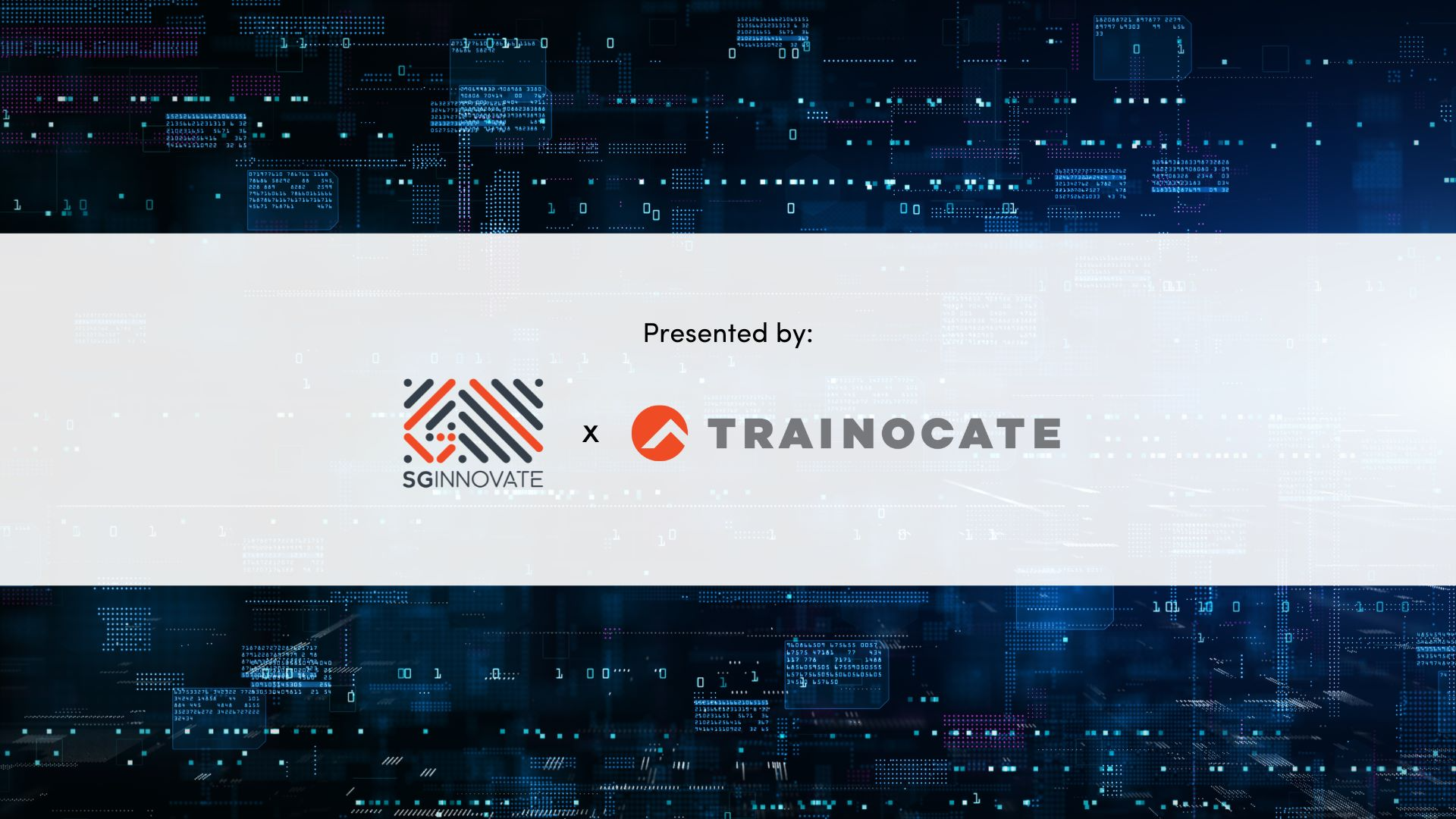Overview
This specialised micro-credential empowers learners with the skills to analyse and harness data by developing machine learning models and leveraging recommendation systems, used frequently in apps such as Amazon, Instagram and Netflix.
As a learner, you will first be introduced to the concept of supervised learning. This includes the general theory of learning from data, as well as several popular machine learning methods. Through Python programming, you will create and deploy your own machine learning models and understand how the machine learning model works.
Your foundation on machine learning will be further expanded to touch on advanced topics related to unsupervised learning, such as clustering and dimensionality reduction techniques. These allow you to better grasp the nature of data by grouping and finding its dimensions of correlation. You will also be given the opportunity to apply your newfound knowledge through assignments implemented in Python and its associated libraries, such as pandas, NumPy and SciPy.
Finally, you will gain a comprehensive understanding of recommendation systems – a critical component of e-commerce and advertising platforms today. You will learn fundamental concepts, algorithms, and evaluation techniques used in building recommendation engines. You will then explore the theoretical underpinnings of various recommendation methods and gain hands-on experience in implementing and evaluating these systems.
Integrating online and in-person delivery, the micro-credential offers various learning activities such as laboratory sessions, online discussion forms and consultations.
This micro-credential is part of the CSM Pathway in Applied Computing.
Course Description & Learning Outcomes
This micro-credential is predominantly delivered through a competency-based education (CBE) approach where learners acquire and demonstrate mastery of knowledge and skills that are directly relevant to job functions. This prepares them to be industry-ready where they can apply their newly acquired competencies to their work.
List of Competency Units
ICT2506C Supervised Learning Techniques
ICT2507C Unsupervised Learning Techniques
ICT2508C Recommendation Systems
The above are competency units that constitute this micro-credential. Upon completion of the micro-credential, you will be able to:
Design a machine learning data pipeline
Clean and prepare data for the pipeline
Utilise unsupervised learning techniques
Understand and develop recommendation systems
Translate technical findings to positive commercial outcomes
Recommended Prerequisites
This micro-credential prepares learners for the following job roles:
Data Analyst
Data Engineer
Machine Learning Engineer
Assumed Prior Knowledge
Though not essential, it is preferable that learners have at least one year of experience in Python programming.
Schedule
End Date: 11 Apr 2025, Friday
Location: SIT Punggol Campus, 1 Punggol Coast Road, Singapore 828608 and Online
Pricing
Course fees: The full fee for this course is S$9,868.86 (inclusive of GST).
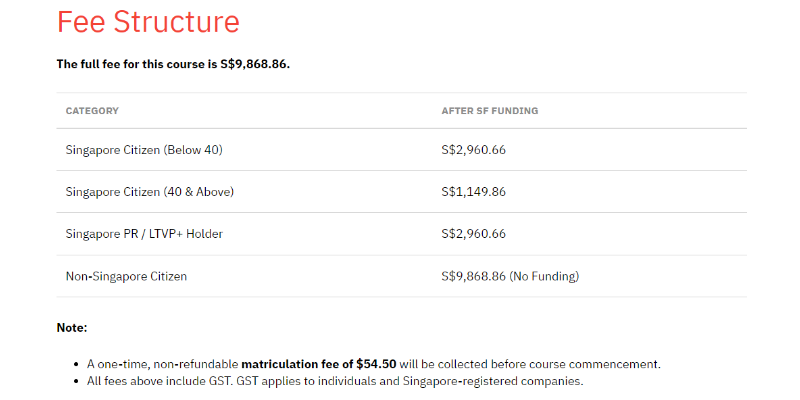
Skills Covered
PROFICIENCY LEVEL GUIDE
Beginner: Introduce the subject matter without the need to have any prerequisites.
Proficient: Requires learners to have prior knowledge of the subject.
Expert: Involves advanced and more complex understanding of the subject.
- Pandas (Proficiency level: Beginner)
- Python (Proficiency level: Proficient)
- Numpy (Proficiency level: Beginner)
- Machine Learning (Proficiency level: Beginner)
Speakers
Trainer's Profile:
Soh Cheng Lock, Donny, Associate Professor / Prog Leader, Infocomm Technology, Singapore Institute of Technology
Prior to joining SIT, Dr Soh Cheng Lock started a firm in Artificial Intelligence, creating their own A.I. Product in sports analytics. He also consulted at a drone company and was instrumental in both creating and launching their A.I. Platform to carry out image classification/recognition of drone images. Another one of the highlights of his career included the development and launch of a nation-wide LPG ordering system, empowered with data analytics for ExxonMobil. Dr Soh also served at I2R, A-Star for three years as part of his PhD bond. There he was the Principle Investigator of several key industrial projects within the Data Mining Department, including projects with a financial MNC, (on Fraud Detection) and a local SME(Customer Analytics). Dr. Soh graduated with a PhD in Computer Science from Imperial College London, Masters from Singapore MIT Alliance and holds a Bachelors (First Class Honours) in Computer Engineering from NUS.
Trainer's Profile:
Lee Kong Aik, Associate Professor, Infocomm Technology, Singapore Institute of Technology
Kong Aik is an Associate Professor at the Infocomm Technology Cluster, Singapore Institute of Technology. He also holds a concurrent appointment as a Senior Scientist and a Group Leader at the Agency for Science, Technology and Research (A*STAR). He was a Senior Principal Researcher at the Data Science Research Laboratories, NEC Corporation, Japan, from 2018 to 2020. He started his career as a research scientist, then a team leader and a strategic planning manager, at the Institute Infocomm Research, A*STAR, Singapore, from 2006 to 2018. He serves as an Editor for Elsevier Computer Speech and Language (since 2016), was an Associate Editor for IEEE/ACM Transactions on Audio, Speech and Language Processing (2017 - 2021), and is an elected member of IEEE Speech and Language Processing Technical Committee (2019 - 2021, 2022 - 2024).
Trainer's Profile:
Rishabh Ranjan, Adjunct Faculty, Singapore Institute of Technology
Rishabh, Chief Data Scientist, is currently heading data science efforts as well as technical operations across Singapore, Vietnam, and India at ConveGenius (an EdTech Company providing social equity in education through technology enabled services). He is also an adjunct faculty at Singapore Institute of Technology, Singapore. He is a PhD graduate and Entrepreneur with expertise in Artificial Intelligence, signal processing, audio classification, 3D audio, and embedded systems. An entrepreneur at heart, he is one of the 50 (Entrepreneur-in-residence) innovators in Entrepreneur First, Singapore, and co-founded a company, “Immerzen Labs,” in 2016. Over the span of his career, he has led software engineers and data scientists across multiple roles at Hitachi Asia Ltd., and at Singtel Corp Lab, Singapore before joining SwiftChat. His research projects have resulted in more than 30 international refereed publications and a patent.
Trainer's Profile:
Lucas Vinh Tran, Adjunct Faculty, Singapore Institute of Technology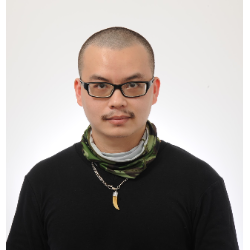
Lucas is currently a Director of AI/ML Personalisation and Principal Research Scientist at JPMorgan Chase (JPMC), leading a strong team of software engineers, ML engineers and ML scientists towards commerce, shopping, personalization and broader AI/ML initiatives. Previously, he was a Senior Applied Research Scientist and Tech Lead at Apple, driving personalisation for billions of users worldwide across Apple Media Products including App Stores, Music, Video (TV App), Podcast and Books. Before that, he obtained his Ph.D. in Computer Science from Nanyang Technological University. In the same time, he was honored with the Best Paper Award Runner-Up in the top Web Analytics conference, the 13th ACM International WSDM Conference (WSDM 2020), for his contribution to the field. Besides, Lucas also actively serves as a Program Chair of top-tier research conferences like ICLR, NeurIPS, ICML, etc; as well as an Organiser and Review Committee of many internal conferences.
Trainer's Profile:
Sayed Ameenuddin Irfan, Assistant Professor, DigiPen Institute of Technology (Singapore)
Dr. Sayed Ameenuddin Irfan has a Ph.D. in Science (Applied Mathematics) from Universiti Teknologi Petronas in Malaysia. Upon graduation, he worked at his alma mater as a post-doctoral researcher from 2018 to 2021 before moving to DigiPen (Singapore). Sayed has done extensive research on the numerical solution for partial differential equations arising from chemical engineering applications and the neural network solutions of partial differential equations. This also includes machine learning applications in the oil, gas, chemical, and sustainable environment industries. He has also published multiple papers on the aforementioned topics in reputed international journals such as the Journal of Controlled Release, IEEE Access, and the Journal of Petroleum Science and Engineering. Sayed teaches machine learning, deep learning, and applied mathematics. What he enjoys most about being an educator is interacting with, helping, and learning from his students.
Partners
-35c75406-d2e2-4bbc-b029-7dea4b21794f.png)



